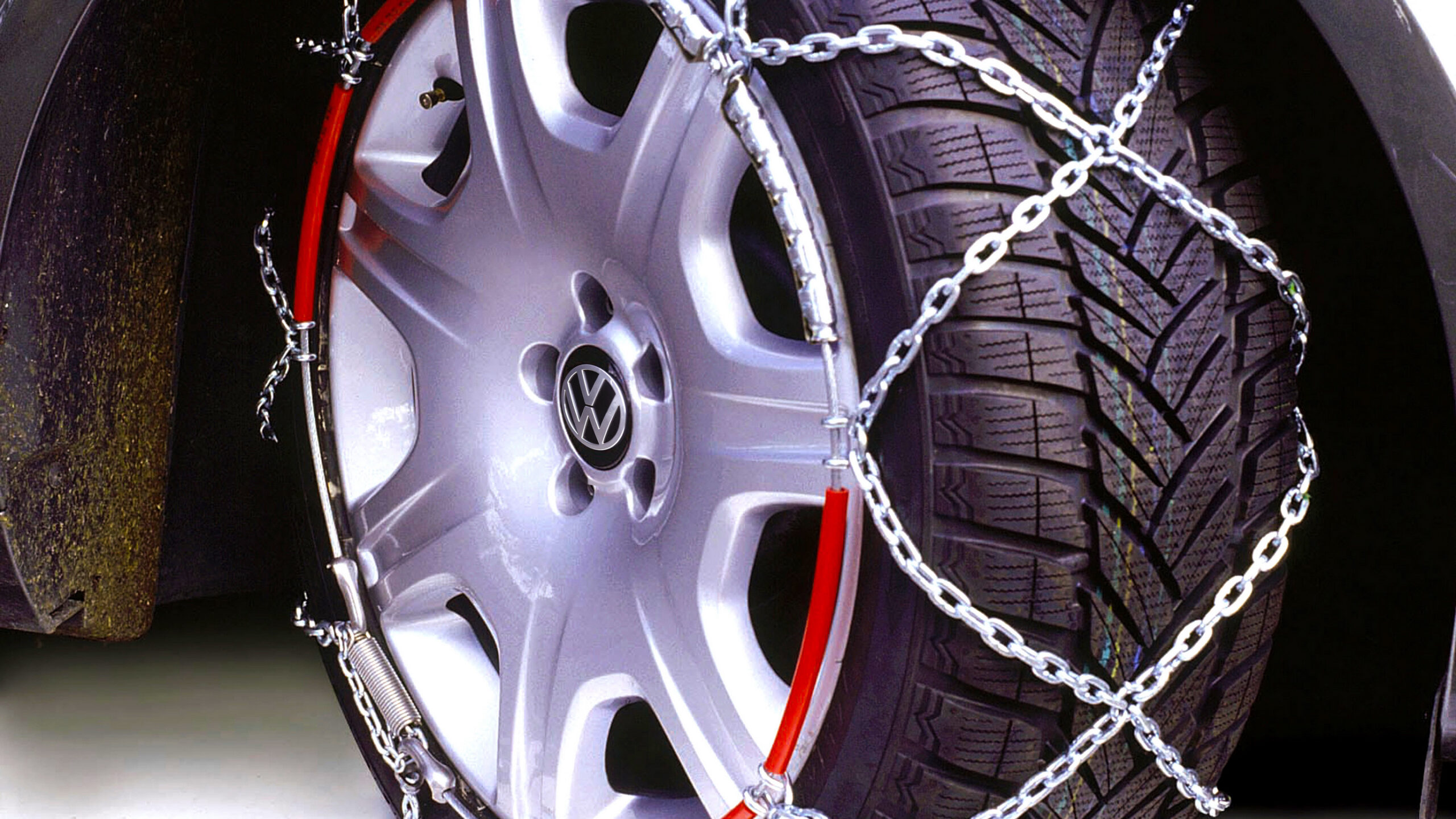A new rule change in Colorado could leave unprepared drivers paying fines this winter as chain laws expand to everyday vehicles
Winter driving in Colorado has never been especially forgiving, but this year, drivers will need to pay closer attention to what’s in their trunk.
A new law now requires all two-wheel drive vehicles to carry snow chains when traveling on I-70 between September 1 and May 31, a move that puts passenger cars under the same kind of scrutiny long reserved for commercial trucks.
Read: Hyundai And Kia Create A New Wheel And Tire Concept With Integrated ‘Snow Chains’
The Colorado Department of Transportation stresses that this doesn’t mean that 2WD vehicles can’t go into the mountains. It just means that they must treat chain requirements the same way that long-haul truckers do.
Chain Law in Effect
“When weather changes, truckers have to pull over and put on their chains,” CDOT spokesperson Andrew Hogle told KDVR. “It’s now going to be the same for Front Wheel Drive or two-wheel drive vehicles.”
The law applies to the stretch between Dotsero and Morrison, though CDOT and CSP can activate it on other highways during storms.
While the traction law is technically in effect all winter, the chain-on requirement only applies when CDOT and CSP declare conditions severe enough. That means 2WD vehicles don’t need to be chained at all times, but they do need to be prepared.
Hogle added that CSP isn’t expected to set up chain checkpoints, but troopers will ask about chains if a vehicle is stopped.
What Happens If You’re Not Ready?
At minimum, FWD/2WD drivers must carry traction devices for at least two tires. Failure to comply brings a $50 fine plus surcharge, and drivers who block traffic because they’re unprepared face penalties up to $500.
Notably, AWD and 4WD vehicles aren’t exempt from similar preparation. They must run winter or all-weather, or M+S tires with a minimum of 3/16-inch tread depth.
Those who don’t meet those standards could face fines as well. CDOT points drivers toward new online guides showing how to install chains, what to pack, and how to stay safe on I-70. That corridor is well-known for unpredictable weather, steep grades, and heavy traffic.
As a former Colorado resident and frequent visitor, I can tell you that sometimes the weather changes dramatically in well under an hour. Being prepared is paramount, and now, it is something everybody on the road is legally required to be.
A post shared by CDOT (@coloradodot)
Google News
MSN Start
Stephen, affectionately known as Rivers, has gracefully transitioned from being a repair shop manager and… Read full bio












